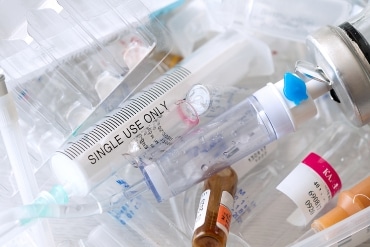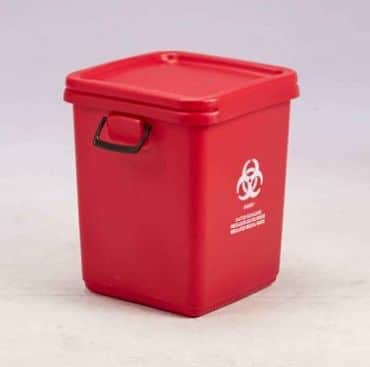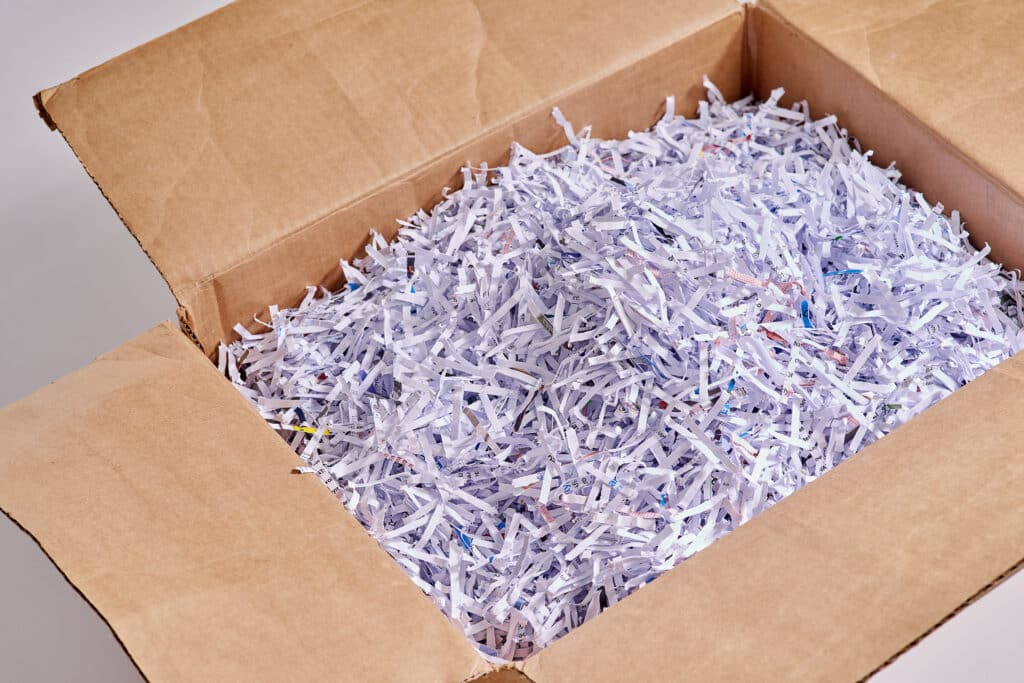The Blog
The Environmental Benefits of Onsite Medical Waste Treatment
Healthcare facilities across Florida generate substantial amounts of medical waste daily, from surgical centers to dental clinics. While proper disposal remains essential for safety and compliance, the environmental impact of traditional medical waste management deserves serious consideration. Onsite treatment technologies are revolutionizing how healthcare facilities approach waste disposal while significantly reducing their environmental footprint. Traditional…
Read MoreAre You Compliant? Common Mistakes in Medical Waste Disposal
Medical waste disposal is a highly regulated process essential to maintaining public health and workplace safety. Healthcare facilities must adhere to strict guidelines to ensure that medical waste is adequately contained, transported, and treated to prevent contamination and legal repercussions. According to the Occupational Safety and Health Administration (OSHA), improper medical waste disposal can expose…
Read MoreWhy Mobile Shredding Is the Most Secure Option for Your Business
Safeguarding sensitive information is paramount in today’s data-driven business environment. Companies routinely handle confidential documents containing financial records, personal customer details, and proprietary data. Ensuring the secure disposal of these private documents is crucial to preventing data breaches, maintaining compliance with various regulations, and upholding trust with clients and stakeholders. While several methods exist for…
Read MoreHazardous Waste vs. Biohazardous Waste: What’s the Difference?
Why Every Healthcare Organization Must Understand The Distinction Hazardous and biohazardous waste are common types of medical waste generated by healthcare facilities of all kinds. Proper disposal of these types of waste, just like all other categories, is crucial for the safety of healthcare workers, patients, and the environment. And while these medical waste terms…
Read MoreIllicit drug Patches: Steps for Safe Disposal
How Medical Facilities Must Handle & Dispose of Them In hospitals and medical facilities illicit drugs patches are a crucial tool in managing pain, giving patients pain relief in a variety of situations, specifically for patients who are experiencing severe, chronic pain. However, improper disposal of these patches can cause serious risks to staff, patients,…
Read MoreMedical Waste Disposal in Florida: Violations and Fines
Understanding the Risks of Improper Medical Waste Disposal in Florida All healthcare organizations, whether a physician’s office, clinic or hospital are tasked with proper disposal of medical waste. This is not just because of federal, state and local laws, but also to ensure the protection of public health and the safety of the community. In…
Read More
Hospital Patient Rooms:
Removing Biohazardous Waste
How to Properly Remove Biohazardous Waste Safely and Within Compliance Proper disposal of biohazardous waste is vital in hospitals to ensure the safety of patients, healthcare staff and the environment. The dangers of mishandling this type of waste include contamination, spread of infections and non-compliance with regulatory standards, which can lead to lofty penalties. What…
Read MoreCategory A Medical Waste: What is it?
How To Safely Dispose of It Healthcare facilities that generate medical waste must understand the dangers of all types of waste and how to collect, manage and dispose of them. This includes category A waste, a type of medical waste that can cause serious illness, injury or even death if it is mishandled and improperly…
Read MoreWhat is a Respiratory Protection Program?
Why is it Essential for Hospitals and Healthcare Facilities? Hospitals and healthcare facilities are tasked with ensuring the safety and health of both staff and patients. In addition to other safety protocols, a Respiratory Protection Program (RPP) is a key component. These types of programs are designed to protect healthcare workers from respiratory dangers that…
Read MoreHazardous Waste in Dental Practices
What Are the Different Types of Medical Waste and How to Safely Dispose of Them Just like other healthcare facilities, dental practices generate a variety of hazardous medical waste. Proper handling, storage and disposal of these dental wastes is crucial to protect the patients, employees and the environment. Here’s a guide on the different types…
Read More









